How to Win at Chess: Complete Guide
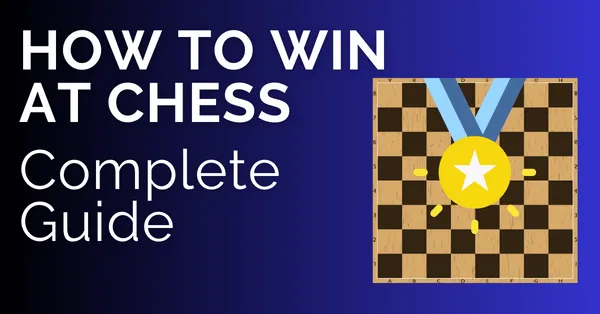
How to win at chess? Everyone wants to know the answer. Everybody wants to win at chess. Is there a shortcut to winning in chess? The short answer is ‘No’. But it is possible to maximize our chances of winning.
When playing a game of chess we should realize that there are things that we can control and things that are not in our control. Therefore, the best method to maximize our winning chances is to improve all the things we can control so that we get the best outcome.
In this article, we’ll take a look at some key factors which you can include in your games that will help you win more chess games.
Play with a Plan
We’ve often heard players say that they lost due to a one-off blunder or didn’t know where they went wrong. Most of the time the root cause of this is that they don’t play with a plan. Therefore, whenever we are out of our opening preparation or get a position that we are not familiar with, we should slow down, pause, and plan what should be done next.
When encountered with such a situation many players continue to play the first move that comes to their mind. This is not the right approach, although intuition is powerful it cannot guide us in every position.
We must look at each position concretely and get an evaluation. This evaluation will help us to determine what to do next. If we are better, how can we improve further, Is there a direct attack? If we are worse, we should try to neutralize the opponent’s advantage and try to get equality.
Win at Chess: Centralize Your Pieces
The pieces have the highest potential when they are in the center of the board. Many players know this but in the heat of battle either ignore it or completely forget about it. The center of the board can be imagined as a springboard that the pieces can use to jump to either the kingside or queenside. Therefore, it gives you flexibility in your plans.
Of course, later you can transform your advantage in the center into let’s say an attack against the opponent’s king or limiting the mobility of their pieces.
Centralization is a very powerful concept and it can help you win many chess games.
If you want to understand centralization better you can study the fame of great players like Rubinstein and Karpov. You will notice how they effortlessly use the concept of centralization to dominate the opponent.
We recommend looking at Top 10 Things Chess Masters Do Differently Than The Rest.
Study Opponent’s Last Move
Whenever your opponent makes a move, ask the question to yourself. What is the purpose of this move? what is the idea whether it is a long-term or short-term idea? Is it worthwhile to stop the idea?
Another good practice is to keep a mental note of the consequences of the opponent’s last move. In the following position black has just played Bf5. Now let’s try to understand the consequences of this move.
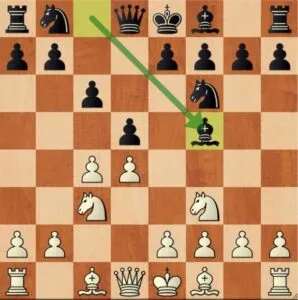
Black develops the bishop to an active square and wants to play e6 next. But by moving the bishop to f5 the b7 pawn is left undefended. So you ask the question: Is there a way to exploit this fact?
Soon the answer comes up which is cxd5 cxd5 followed by Qb3 and black cannot adequately defend the pawn.
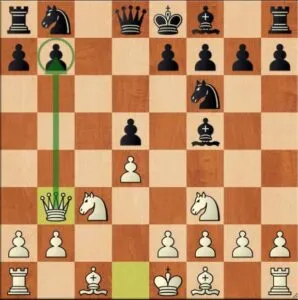
How to Win at Chess: Don’t be Afraid of Ghosts
Seeing ghosts in chess refer to a situation where a player perceives a threat that does not exist on the board. These perceived threats can be a result of overthinking or over-analyzing a position, or simply a lack of understanding of the current position.
The danger of imaginary threats is that they can distract you from your actual goals and in the end, you end up making suboptimal moves.
For example, a player may become fixated on defending against an imaginary threat, while overlooking a real threat or an opportunity to make a better move.
One common scenario is when you are on the attack and then the opponent in a desperate situation makes a counter threat, at the outset, it may look like it is a real threat but this is where we must be careful. Whenever faced with a threat or a possible threat ask yourself, Is this threat really dangerous for me? Should I take time out of my plan to deal with this threat?
Allow the threat and evaluate the consequences. This should help you with ‘ghosts’ in chess and you would be surprised how many games you start winning when you realize the number of imaginary threats in club player games.
Calculate One Move Deeper
Most of the opportunities that players miss in chess are due to calculation errors. It is good practice to look one move deeper as this can help you win many chess games.
While solving calculation problems at the end of any specific line, try and see one more move deeper. Is there any threat, or any attack possible?
By doing so you can spot many winning opportunities that your opponent might have missed out on.
How to Win at Chess: Never Resign
As it’s frequently said: “Nobody ever won a game of chess by resigning”.
When you resign, you lose the opportunity to learn from your mistakes and improve the game. Even if a game seems lost, there may still be moves to explore and mistakes to analyze.
By continuing to play, you can gain valuable experience and improve your skills. Let’s say in a rook endgame you are two pawns down. It might be tempting to resign but endgames are tricky to play even for grandmasters. It is possible that if you keep on fighting, your opponent may psychologically collapse and make a mistake.
This will help you save the game or in some scenarios even win the game!
It is important to remember that opponents can also make mistakes, even in a winning position, which can change the outcome of the game. By resigning, you may miss out on the opportunity to take advantage of your opponent’s errors and turn the game around.
Conclusion
Chess is a logical game and you can win many games by playing more simple good moves throughout the game than your opponent. However, this is easier said than done. Following a good thought process and including the discussed factors in your games can help you win more chess games.
You might also like 7 Friendly Pieces of Chess Advice You Should Never Take as well as 5 Steps to Finding a Plan.




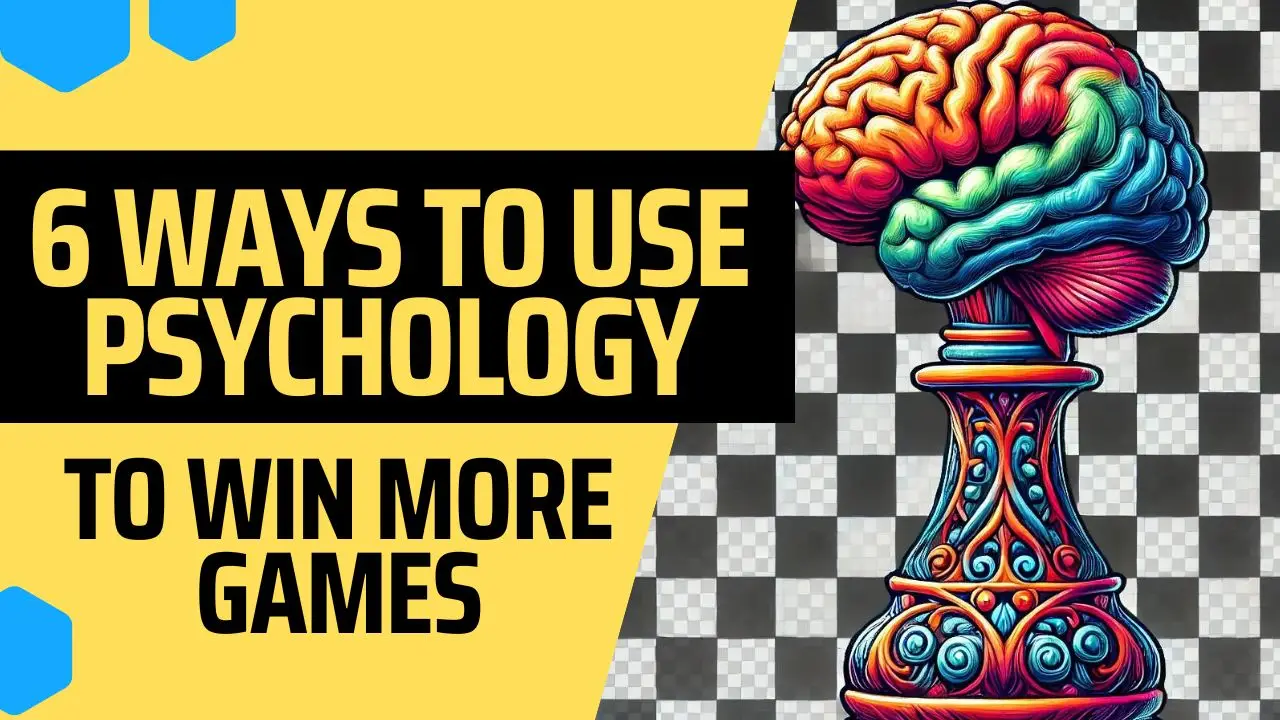
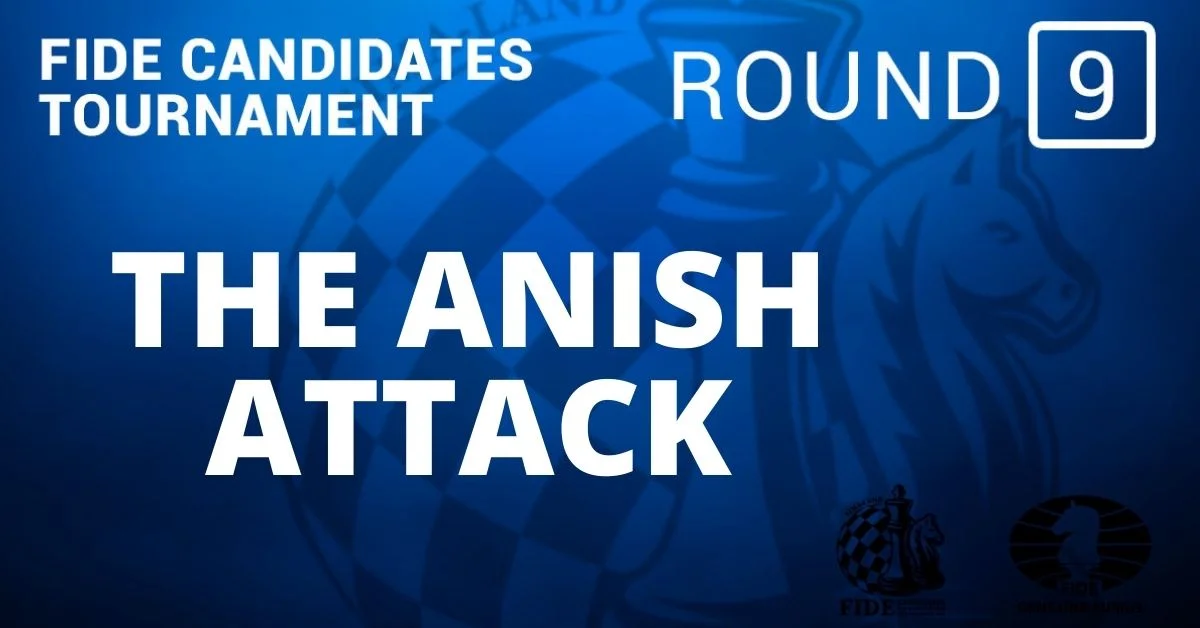




Comments: